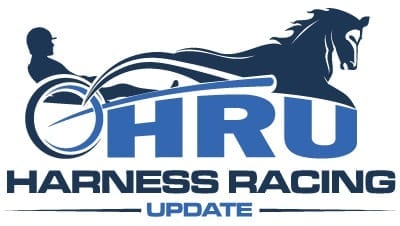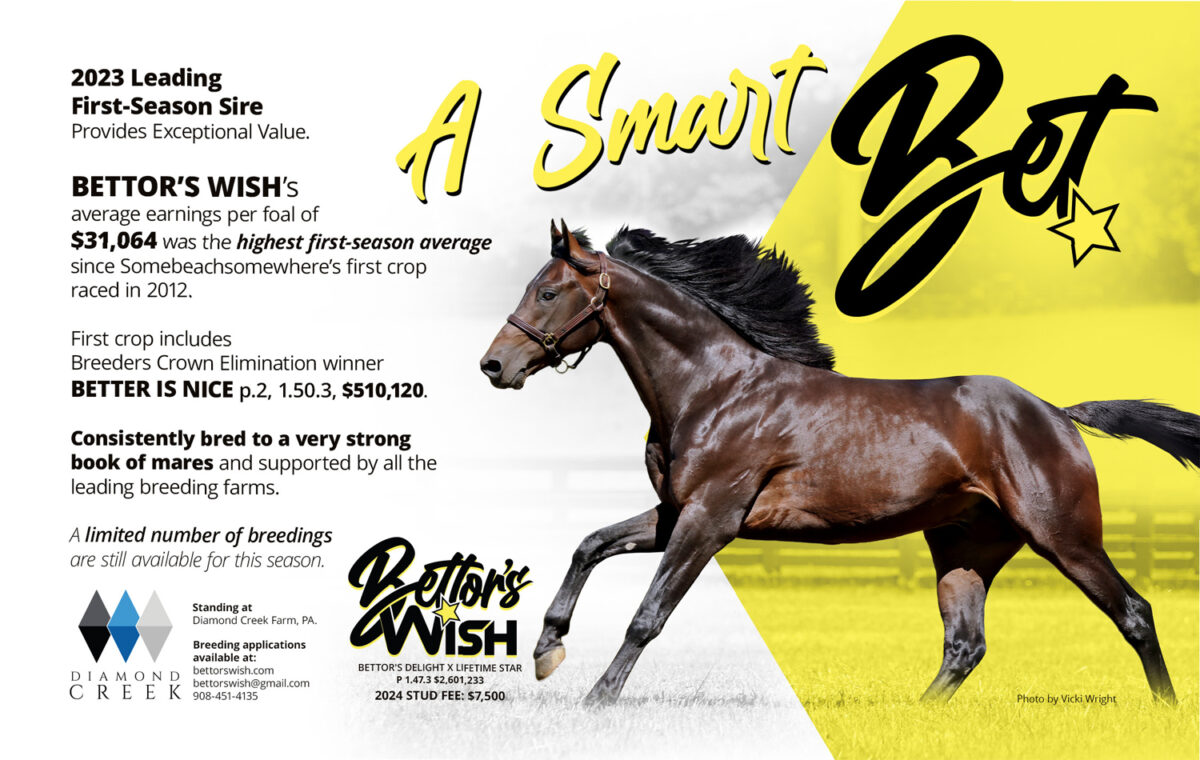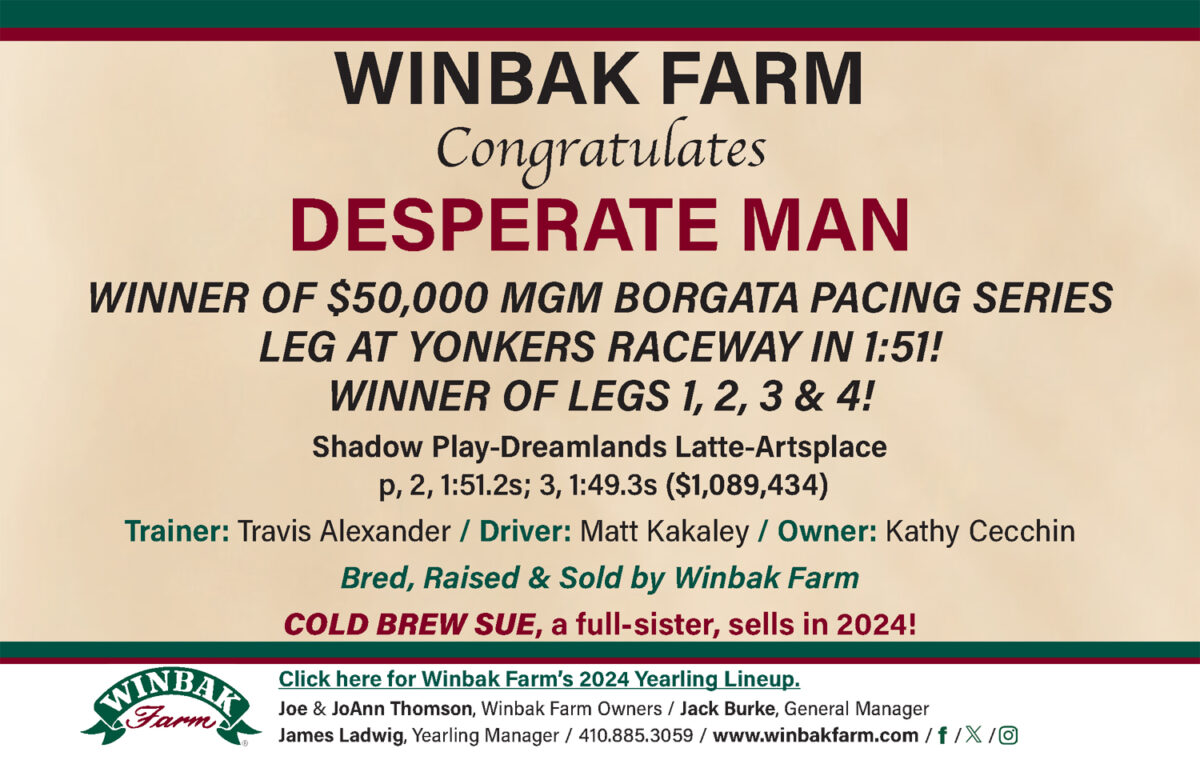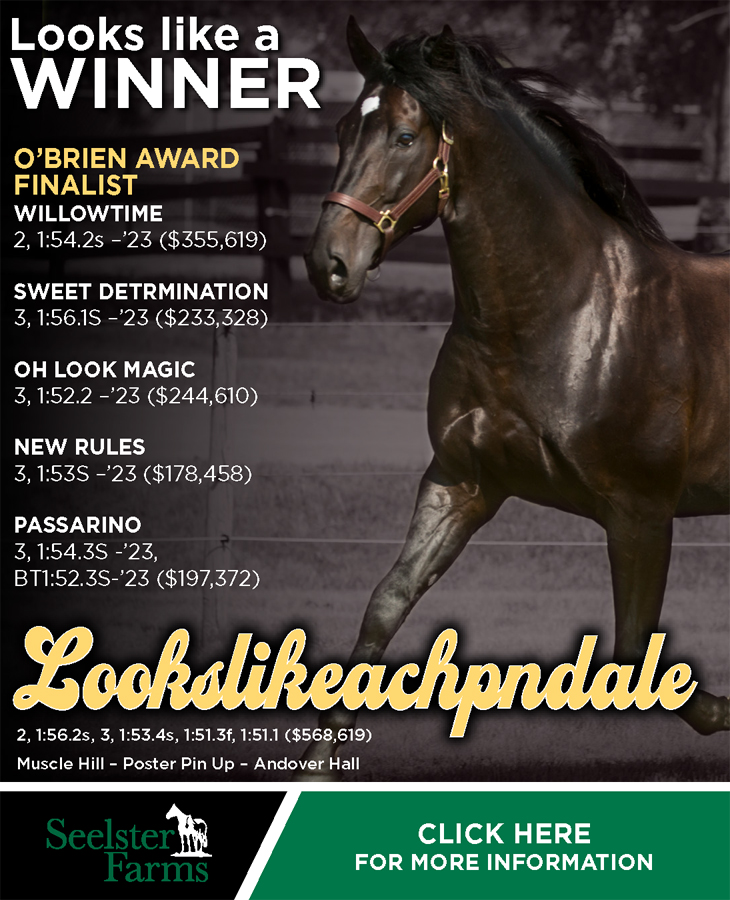

The NJ Casino Campaign
Pro casino forces under heavy attack as opposition launches ad campaign.
by Bill Finley
With less than two months to go before New Jersey voters will go to the polls and decide whether to legalize two casinos outside of Atlantic City, both sides of the issue have begun to hit the airwaves with ad campaigns. But, at least so far, the anti-casino side seems to be outpacing its opposition as its ads permeate the airwaves while pro-casino pitches can be hard to find.
Three different groups are behind the anti-casino push, with an organization called Trenton’s Bad Bet being the most vociferous. Their television ads and their direct mailings don’t paint casinos as a blight on society. Rather, they tap into anti-government anger, which runs strong in New Jersey with its unpopular governor Chris Christie. “More casinos. More broken promises. We can’t trust Trenton,” reads one mailing.
In one ad (click here to view) Trenton’s Bad Bet argues that “politicians are stacking the deck so their rich special interest friends win big…”
Another group, No North Jersey Casinos, is running similar ads.
Unions generally support casino referendums because when new casinos are built their members are put to work. But one group, The New York Hotel Trades Council, which also represents workers in New Jersey, has taken out its own anti-casino ads. The group is concerned that language in the referendum leaves the door open for casino developers to hire non-union labor. Their ads also borrow from the anti-government theme and take shots at Christie, which include showing unflattering pictures of him dressed up in a baseball uniform that does not hide his rather ample stomach (click here to view).
Even Jeff Gural, who stands to get a casino at the Meadowlands if the referendum passes, admits the other side’s ads are creative and likely effective.
“I think they have an appealing message as people are angry with politicians,” he said. “That’s what Bernie Sanders and Donald Trump tapped into. People don’t trust government.”
The anti-casino ads are being backed by a number of groups, chief among them the Genting Group, which operates the Resorts World Casino at Aqueduct in Queens and no doubt isn’t eager to have competition from North Jersey casinos. Reportedly, the group “Trenton’s Bad Bet” is also being backed by Atlantic City interests who fear North Jersey casinos will further injure the beleaguered casino business is the South Jersey city.
“What I am most surprised about is that anti-casino ads are so vociferous and in my view tend to be more dominant on the airwaves,” said Brigid Harrison, a professor of political science and law at Montclair State University. “In terms of content, they must have looked at this and thought how can we best argue against the proposition, particularly in light of what people’s sentiments are. So they came up with the idea of ‘We can’t trust Trenton.’ They seem to be winning the war as their ads are permeating the airwaves, while the pro-casino ads can be hard to find.”
The pro-casino group is called “Our Turn New Jersey” and its primary backers are Meadowlands owner Jeff Gural and former Reebok chief Paul Fireman. Though nowhere has it been officially spelled out that Gural will get a casino at the Meadowlands and that Fireman will be awarded a casino at a proposed location in Jersey City, it seems a fait accompli that each will get a casino. The referendum states that there can be only two casinos outside of Atlantic City, they must be in different counties and at least 72 miles away from the borders of Atlantic City.
The Our Turn ads advocate that North Jersey casinos will help seniors, who are losing funding for programs geared to them because so much gaming money has left the state for New York and Pennsylvania (click here to view).
Gural said that he, Fireman and other pro-casino forces plan to spend $10 million each. It’s not known how much the other side is spending, but it appears to be a far greater amount.
“We can’t compete with Genting,” Gural said. “They print money over there in Malayis.”
Gural noted that anti-casino ads often appear on network television in the New York market. “They even had an ad during the Giants game last week,” he said. “Can you imagine how expensive that must be?”
The problem with that strategy is that only a slice of the viewers watching the New York channels live in New Jersey, while the majority are from either New York or Connecticut. By advertising on the New York stations, you’re spending a lot of money to reach people who do not vote in New Jersey. The same goes for the Philadelphia television networks. Gural said his group is instead focusing its ads on local cable stations that are predominantly watched by people in New Jersey.
Harrison said the vague language contained in the referendum is not helpful to the pro casino forces. The referendum does not say where the casinos will be built, what the tax rates will be or how much will go to the casino operators. The current proposal on the table also calls for only two per cent of the casino profits to go to purses, one per cent each for the thoroughbreds and the standardbreds. Compared to other states, it is paltry cut and has some in the industry, particularly on the thoroughbred side, wondering if the casinos will have much, if any impact, on the racing.
“They’re effectively saying we don’t know where these casinos are going to be placed,” Harrison said. “That heightens people’s fears, not in my back yard. That campaign in particular may have raised some doubts among residents in North Jersey about the location of the casinos. People may think they’re great in the abstract but may not want them down the street from their homes or where their children go to school.”
Most polls shows New Jerseyans are split on the issue of casino expansion, but none have been conducted since the ad blitz. The question is: if the race is close and the anti-casino forces are going to badly outspend the pro-casino forces on the campaign trail will that prove to be a tipping point?
“I think we’ll win,” Gural said. “You’ll see more of our ads as time goes on. We just have to make sure that our message is getting through.”
Should the referendum fail Gural said he would have no plans to close the Meadowlands, but said there would be major cuts to the stakes schedule.
















